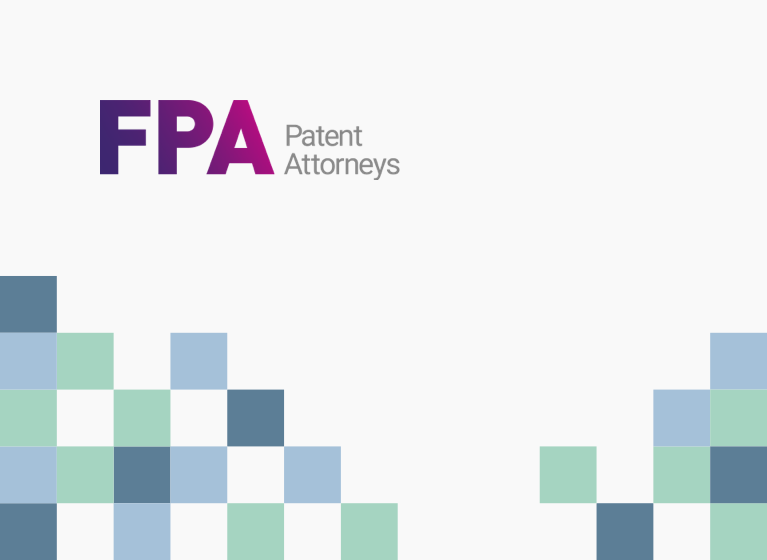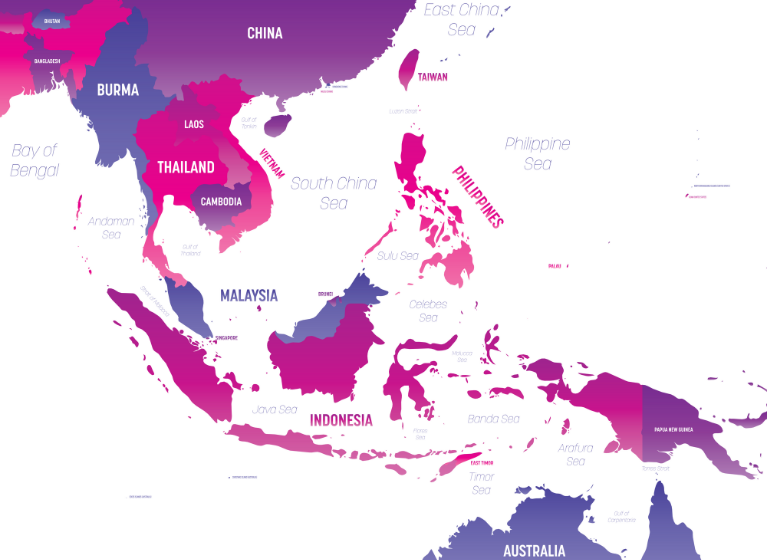Filing to grant
The government agency responsible for grant of patent rights in Thailand is the Department of Intellectual Property (DIP).
| Key prosecution event | Deadline |
|---|---|
| Paris Convention filing | 12 months from earliest claimed priority |
| PCT national phase entry | 30 months from earliest claimed priority |
| Substantive examination request | within 5 years of publication in Thailand |
| Divisional application | 120 days after the receipt date of an office action raising a unity objection; divisionals are otherwise not allowable |
Thai national phase entry
A Thailand national phase patent application must be made by 30 months of the earliest claimed priority date. A Thai translation of the full specification can be filed within 90 days of national phase entry. A Notarised Power of Attorney and a Thai translation of the PCT request form will be required after filing.
Thai Convention applications
Thailand is also a contracting party to the Paris Convention for the Protection of Industrial Property. Consequently, a patent application can be validly filed in Thailand within 12 months of filing a corresponding priority application within any contracting member state of the Paris Convention.
A Thai translation of the full specification can be filed within 90 days of the filing date. A Notarised Power of Attorney and a certified copy of the priority document will be required after filing, as well as an Assignment Deed or Statement of applicant’s right (if the inventor is the applicant).
Examination and acceptance of Thai patent application
After filing, applications for the grant of a patent in Thailand are first examined to ensure compliance with a number of formality requirements.
Once a patent application passes the formalities examination, the application will be published upon payment of the prescribed fee.
Within 5 years of the date of publication of the patent application, the applicant must request substantive examination.
Examination involves amending the claims to be substantially the same as claims granted in another jurisdiction. Alternatively, a request for substantive examination on the grounds of novelty, inventive step, patentable subject matter and industrial applicability are typically outsourced to the Australian Patent Office.
The following are unpatentable in Thailand:
- naturally occurring micro-organisms and their components, animals, plants or extracts from animals or plants;
- scientific or mathematical rules and theories;
- computer programs;
- methods of diagnosis, treatment or cure of human and animal diseases; and
- inventions contrary to public order, morality, health or welfare.
An applicant has 90 days to respond to official actions sent by the Patent Office. A further 90 day extension, and a final 30 day extension may be requested if required.
Divisional applications
Thailand does not permit the filing of voluntary divisional applications. A divisional may only be filed in response to a unity of invention objection. In that case, the applicant has 120 days from the date of the objection to file the divisional application.
Micro-organisms
Thailand is not a signatory to the Budapest Treaty. However, the DIP generally applies the Treaty to applications relating to micro-organisms as if it was a signatory and so will nonetheless take the deposit into consideration when determining whether or not the description is sufficient.
Utility patents
Petty patents are available in Thailand and provide a maximum 10 year term. They relate to inventions that are novel and susceptible to industrial application.
Oppositions
Any interested party may, within 90 days of the date of publication of the application, file an opposition to the application. The applicant has to file a counterstatement to the notice of opposition within 90 days of receiving the notice.
There are no procedures for third party observations or re-examination in Thailand after acceptance or grant.
Pharmaceuticals
There is no patent term extension available in Thailand, nor does Thailand offer data exclusivity protection.

